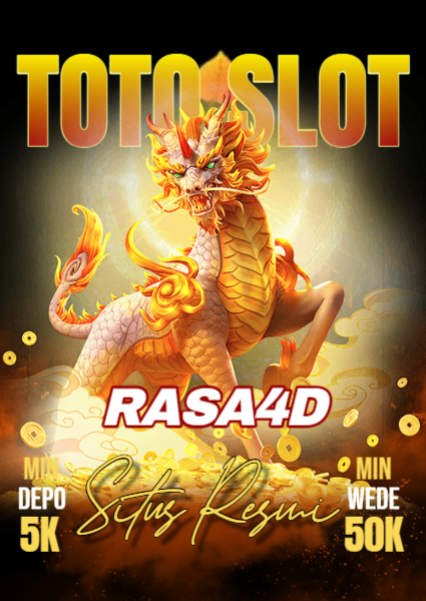

| NAMA APLIKASI | LINK RESMI RASA4D |
|---|---|
| KATEGORI | GAME TOTO SLOT |
| PLATFORM | Android, iOS, Windows |
| HARGA | Rp. 5.000 |
| RATING | 880.210 dari 999.999 pengguna |
Sejak awal bergabung di Rasa4d, uda keliatan permainan toto slot gacornya memang beneran bisa diandalkan, selalu membawa keberuntungan.
Situs Rasa4d selalu jadi tempat favorit bermain aku dari lama, dari segi pelayanan sampai permainannya ga pernah mengecewakan.
Situs slot Rasa4d mantap banget, aku udah terlanjut kecintaan sama situs ini gak pernah mengecewakan aku, sukses selalu Rasa4d.
We'd like to ask you a few questions to help improve ThemeForest.
Use, by you or one client, in a single end product which end users are not charged for. The total price includes the item price and a buyer fee.
We'd like to ask you a few questions to help improve ThemeForest.
Use, by you or one client, in a single end product which end users are not charged for. The total price includes the item price and a buyer fee.